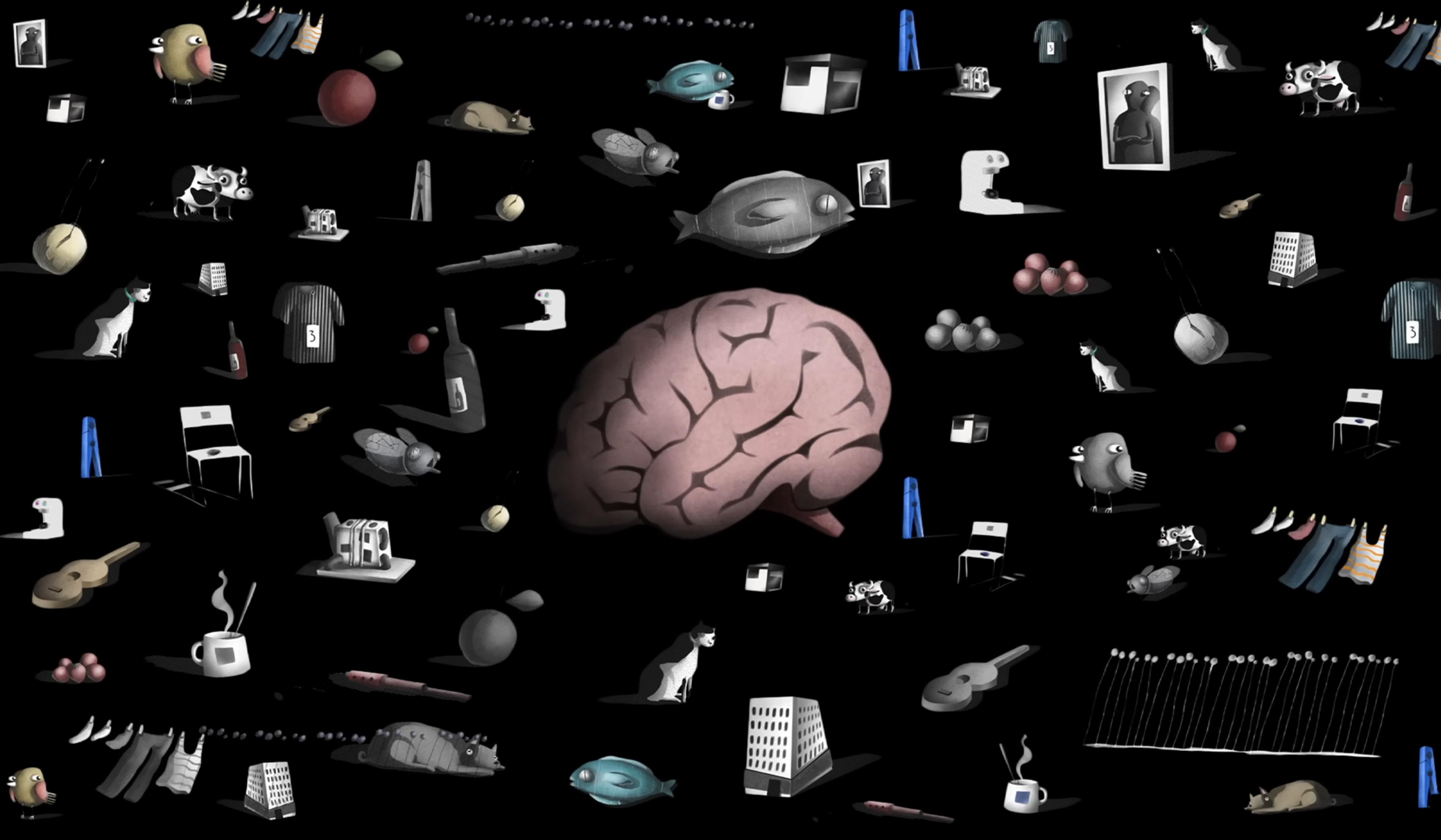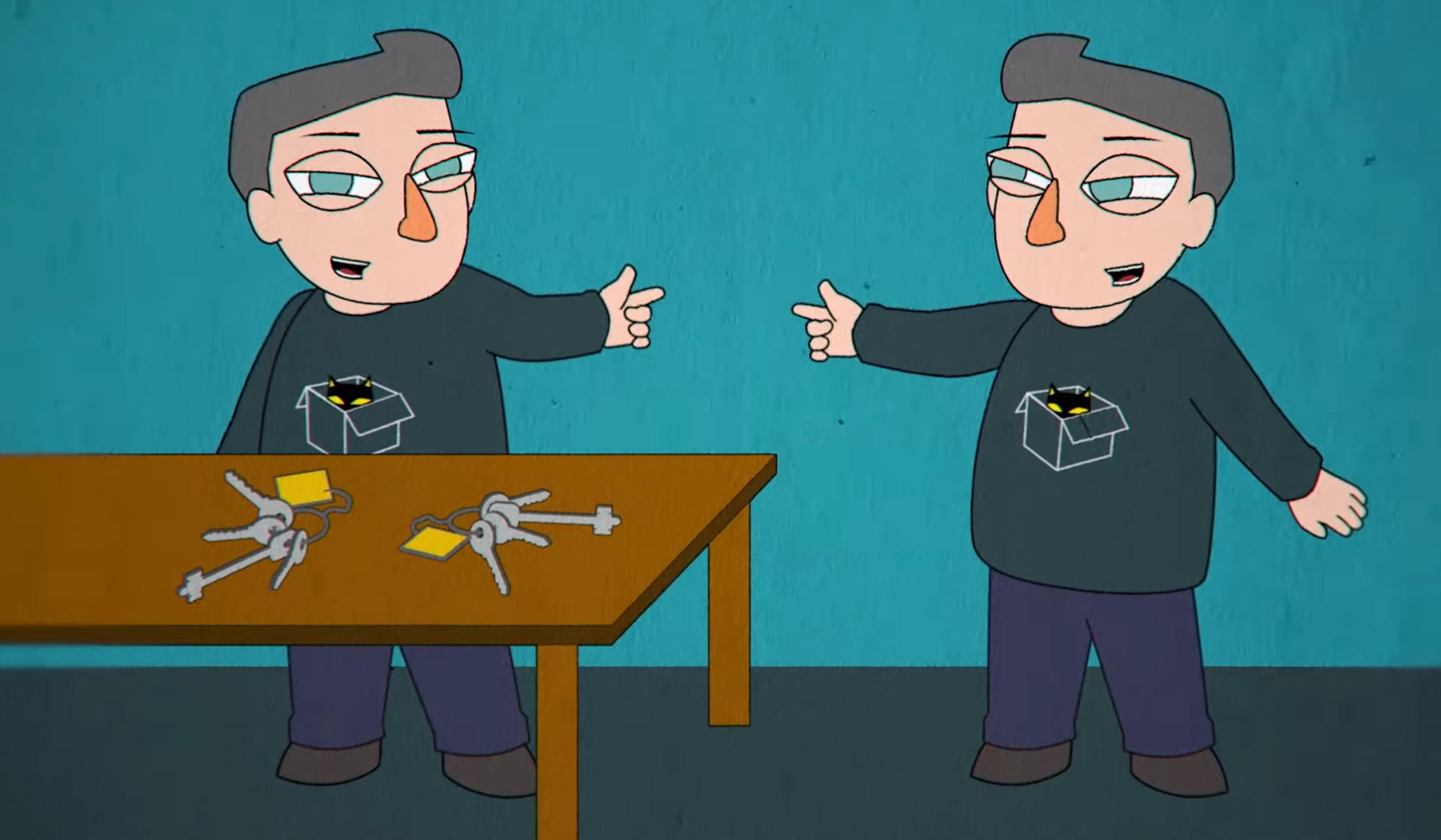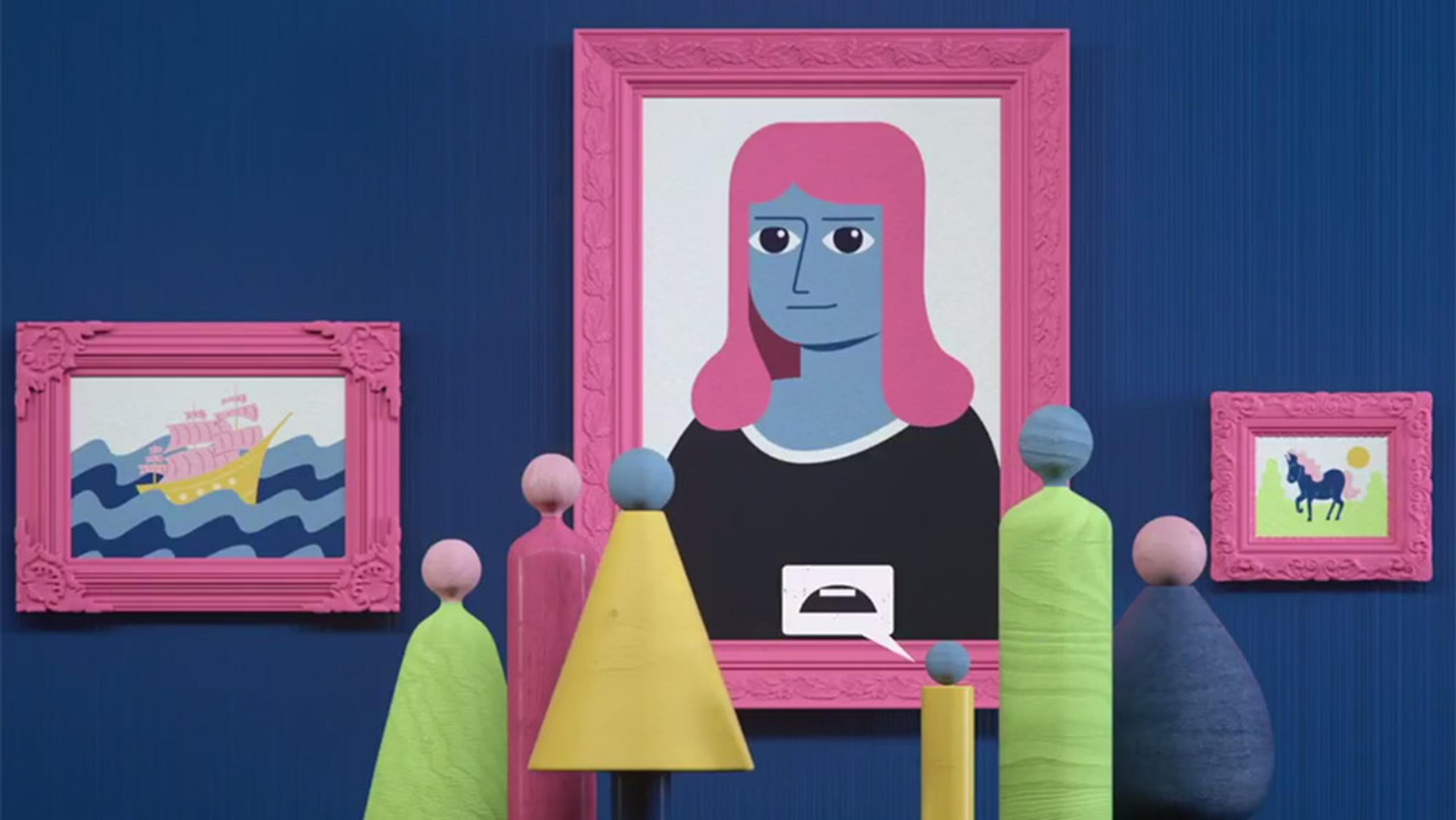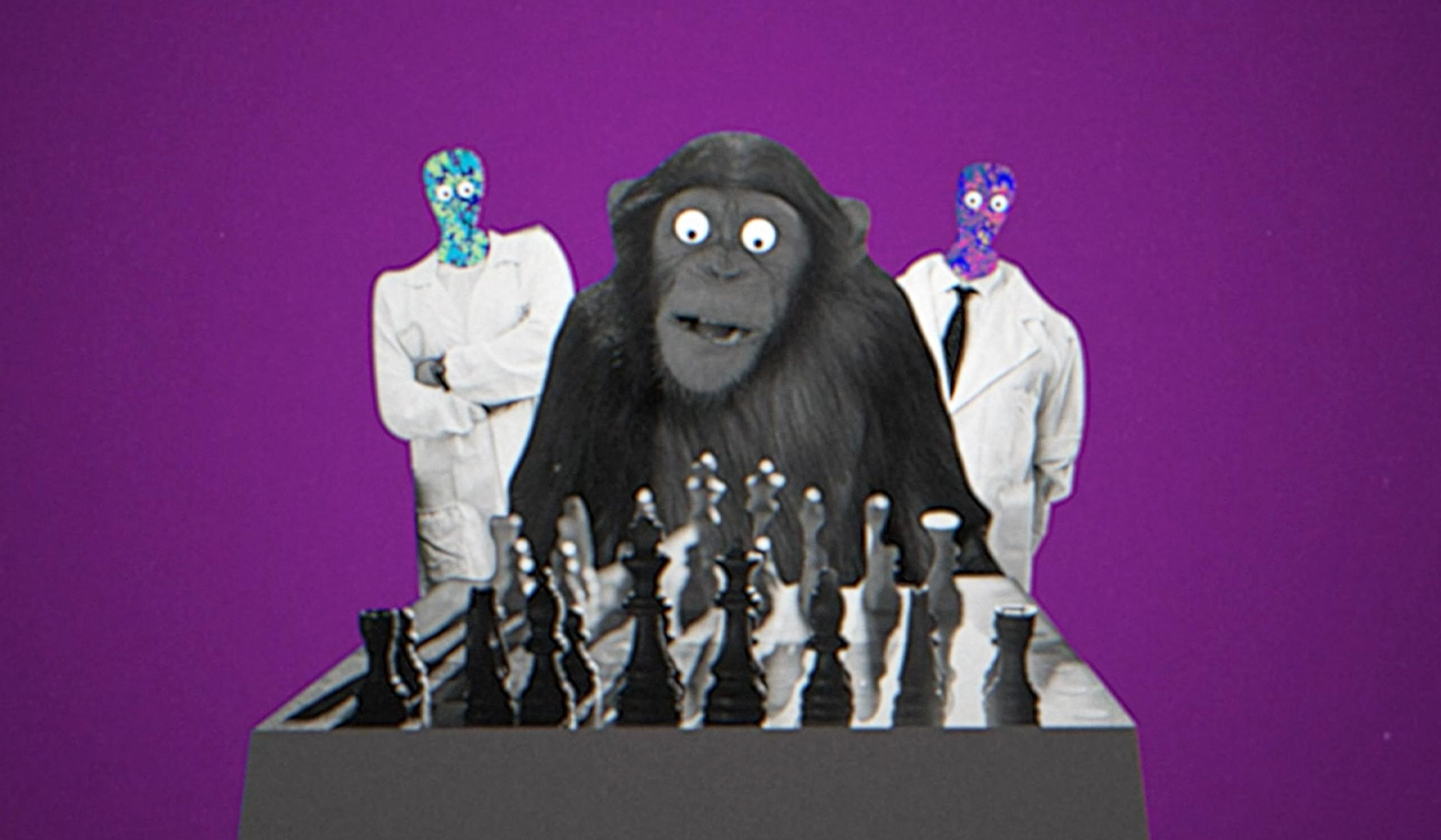Roughly two-thirds of people have had déjà vu, or the weird feeling that a new situation has been experienced before. Yet its prevalence belies just how mysterious the phenomenon remains to researchers, despite some extraordinary recent leaps in neuroscience. In part, this is because it’s extremely difficult to instigate déjà vu in the lab. But as this brief animation from BBC Ideas shows, scientists do have some hypotheses for what brings déjà vu to the surface of consciousness – from the idea that it might be a built-in processing glitch in the brain, or an indication of healthy memory, to the slightly more puzzling notion that it’s part of quantum entanglement.
A brain glitch? A sign of quantum entanglement? What science says about déjà vu
Video by BBC Ideas
Animation: Flock London

videoKnowledge
Can you know everything about colour if you see in black and white? A thought experiment
5 minutes

videoLogic and probability
Is it more likely you’re a person with a past, or an ephemeral brain in a void?
6 minutes

videoQuantum theory
Why aren’t our everyday lives as ‘spooky’ as the quantum world?
7 minutes

videoNeuroscience
Time seems to accelerate as we get older, but there’s a tested way to tap the brakes
4 minutes

videoConsciousness and altered states
What happens when you start paying close attention to everyday sensory experience?
6 minutes

videoNeuroscience
What will we do when neuroimaging allows us to reconstruct dreams and memories?
4 minutes

videoNeuroscience
On the ‘beholder’s share’ – how past experience influences our perception of art
5 minutes

videoPhilosophy of mind
Can we really make conscious decisions, or is agency just a trick of the brain?
2 minutes

videoEvolution
Why making if-then connections might be the key to consciousness
5 minutes